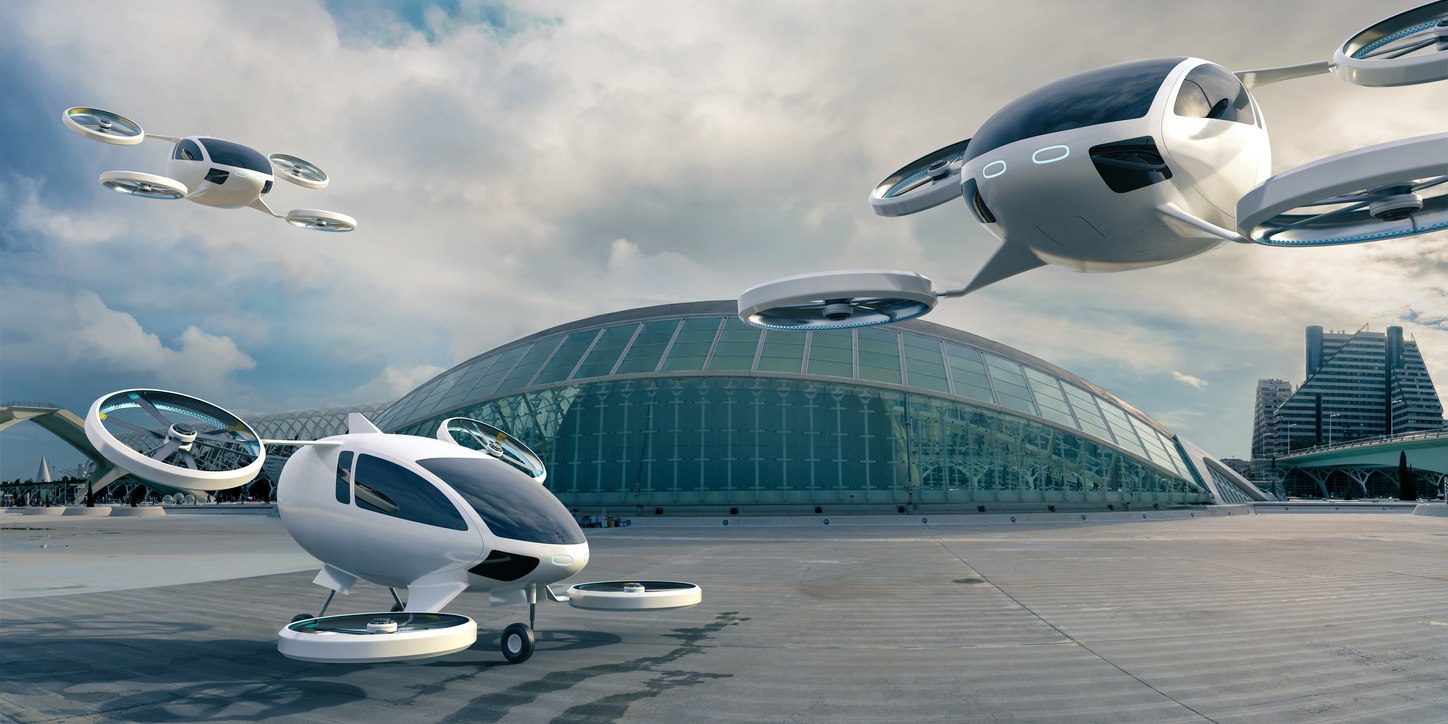Technology is revolutionizing how we travel, making it more convenient, immersive, and personalized. Artificial Intelligence (AI) and Virtual Reality (VR) are two game-changing innovations reshaping the travel industry. From planning trips to exploring destinations without leaving home, here’s how AI and VR transform travel in the modern era.
AI in Travel: Smarter, Faster, and More Personalized
1. AI-Powered Travel Assistants
AI-driven chatbots and virtual assistants, like Google Assistant and ChatGPT, help travelers plan trips, book flights, and find accommodations. These tools provide real-time recommendations, answer travel-related queries, and even plan itineraries.
2. Personalized Travel Recommendations
AI analyzes user preferences, past bookings, and browsing behavior to suggest tailored travel options. Platforms like Expedia and Booking.com use AI to recommend hotels, activities, and dining options based on travelers’ interests. This level of customization enhances the travel experience by offering relevant suggestions.
3. Dynamic Pricing and Smart Booking
AI algorithms monitor flight and hotel prices in real-time, helping travelers find the best deals. Websites like Google Flights and Skyscanner use AI to predict price fluctuations and notify users of the optimal booking time. This eliminates guesswork and saves money.
4. AI in Airports and Hotels
Airports and hotels are adopting AI to streamline operations and improve customer service. AI-powered facial recognition speeds up security checks and boarding processes at airports. In hotels, AI-driven concierge services like Hilton’s “Connie” assist guests with information about nearby attractions, dining options, and hotel services.
VR in Travel: A New Way to Explore the World
1. Virtual Travel Experiences
VR allows travelers to explore destinations before they book. Platforms like Google Earth VR and YouVisit offer 360-degree virtual tours of cities, historical landmarks, and hotels. This technology helps travelers make informed decisions by giving them a preview of their destinations.
2. Virtual Hotel and Resort Tours
Many hotels and resorts now offer VR tours on their websites, allowing potential guests to experience the property before booking. This immersive approach helps travelers visualize their stay and enhances confidence in their booking choices.
3. Cultural and Historical Immersion
Museums and cultural sites use VR to provide interactive experiences. For example, the Louvre offers virtual tours that let users explore famous artworks from home. VR also enables historical recreation, allowing travelers to “step back in time” and experience ancient civilizations.
4. VR-Enabled Business Travel
For business travelers, VR reduces the need for physical travel. Virtual meetings, conferences, and trade shows are becoming more common, saving companies time and money while reducing carbon footprints.
The Future of Travel with AI and VR
AI and VR are set to play an even more significant role in shaping travel. AI will continue improving personalization and efficiency, while VR will provide more prosperous, immersive travel experiences. As these technologies evolve, they will make travel more accessible, sustainable, and enjoyable.

